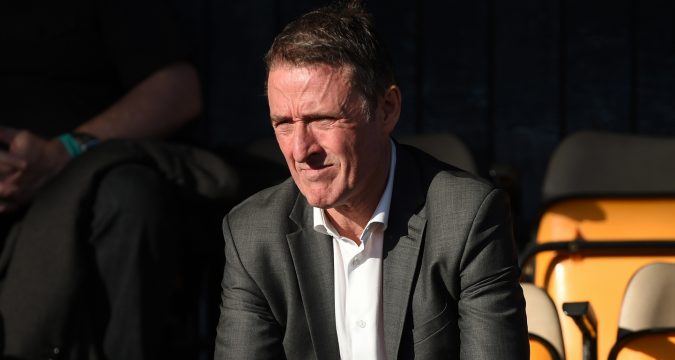 League Express editor MARTYN SADLER assesses the structural problem that hampers Super League CEO Robert Elstone as he tries to raise the profile and image of Super League.
On 1st June 2018 Robert Elstone took up his appointment as the new Chief Executive of Super League (Europe) with a job description that presumably included the ne
League Express editor MARTYN SADLER assesses the structural problem that hampers Super League CEO Robert Elstone as he tries to raise the profile and image of Super League.
On 1st June 2018 Robert Elstone took up his appointment as the new Chief Executive of Super League (Europe) with a job description that presumably included the ne Club conflicts of interest pose problems for Elstone
 League Express editor MARTYN SADLER assesses the structural problem that hampers Super League CEO Robert Elstone as he tries to raise the profile and image of Super League.
On 1st June 2018 Robert Elstone took up his appointment as the new Chief Executive of Super League (Europe) with a job description that presumably included the ne
League Express editor MARTYN SADLER assesses the structural problem that hampers Super League CEO Robert Elstone as he tries to raise the profile and image of Super League.
On 1st June 2018 Robert Elstone took up his appointment as the new Chief Executive of Super League (Europe) with a job description that presumably included the ne 